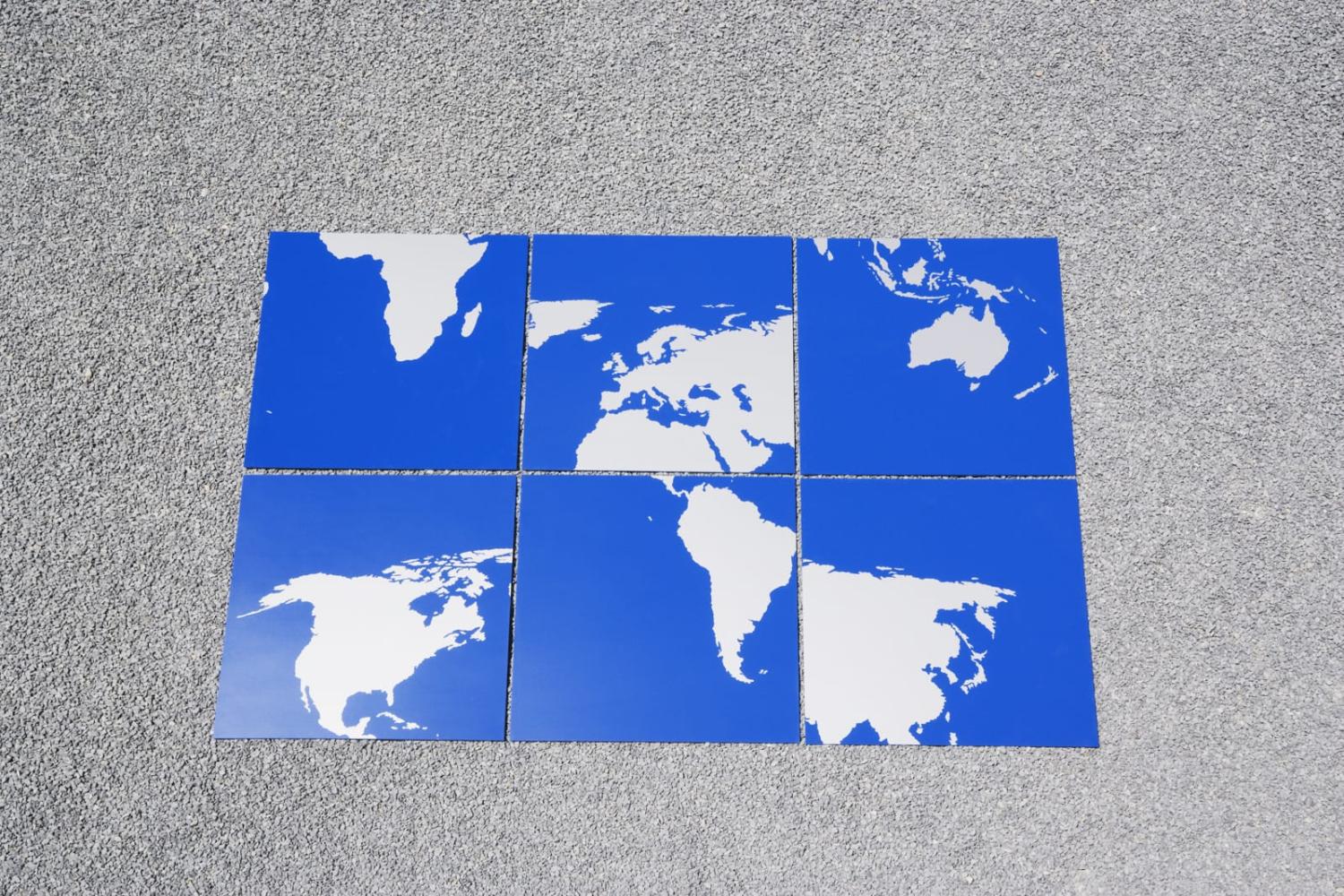International order is a concept much invoked and seldom defined, and even less often is it explained. Some argue that international order is anachronistic, others that it has fragmented, and still others that liberal order never really existed in the first place.
On the contrary: international order is real, it is important and, if it’s not defended, we’re going to miss it when it’s gone.
What is international order? The first page of Australia’s 2020 Defence Strategic Update warned “Confidence in the rules-based global order is being undermined by disruptions from a widening range of sources.” The introduction to the Biden administration’s new National Security Strategy states “We are in the midst of a strategic competition to shape the future of the international order.” And in their joint statement earlier this year, China and Russia noted that “The sides intend to strongly uphold the outcomes of the Second World War and the existing post-war world order.”
World order comprises those institutions and rules that govern, if not always effectively, the conduct of nations. It is a rules-based order because it elevates standards above a might-makes-right doctrine. It is open because any nation-state that wishes to follow those standards can join its ranks; there are no exclusionary regional or ideological blocs. And it is liberal because it is weighted towards protection of free-market capitalism and liberal democratic political values.
The open, rules-based liberal order has generated significant benefits: an absence of great-power conflict, unprecedented prosperity, the expansion of democracy in every region. Given the stated intention of many governments to defend and strengthen international order, and even the protestations by countries such as China and Russia that they seek to abide by it, what, then is the problem?
One is that much of the recent political debate in the United States and in other countries has focused not on the benefits of world order but rather on its costs. Defence spending, alliances and military pacts, diplomatic deals, international economic arrangements – all are easy to dismiss as the obsolete manifestations of a Cold War mind-set, or the hubris of Western leadership, or the conceit of those who overlook the interests of the average citizens who shoulder the burdens.
Easy to dismiss, that is, until the foundations of international order shake violently, as they have with the invasion of Ukraine. Then the alternative to it grows clear. The alternative to an ordered world, and to countries shouldering the cost of its defence, is the law of the jungle, where big countries can take territory, impose their rule, and spread chaos at will.
Russia and China have together articulated their own vision of international order, one that is, despite their claims, deeply at odds with many of the principles that characterise liberal post-war arrangements.

In their expansive joint manifesto, Vladimir Putin and Xi Jinping declared that the world they seek would be ordered very differently than in the past, and China and Russia would cooperate with “no limits” to assume their rightful places in it. They would forge an “international relations of a new type”, multipolar and no longer dominated by the United States. There would be no further NATO enlargement, no colour revolutions, and no globe-spanning US missile defence system.
In the world to come, no one would pressure China or Russia on human rights or interfere in their internal affairs. Democracy itself would be redefined and subject to no universal standard. “It is only up to the people of the country,” the manifesto said, “to decide whether their State is a democratic one”.
The Russian president went further this month when he announced the annexation of four Ukrainian provinces. “All we hear is, the West is insisting on a rules-based order,” Putin said. “Where did that come from anyway? Who has ever seen these rules? Who agreed or approved them?”
Moscow itself, actually. In 1990, it agreed to the Charter of Paris, which articulates principles for a post-Cold War order, including democracy, and refraining from using force to violate the territory of another state. In the Budapest Memorandum, it agreed to safeguard Ukraine’s territorial integrity.
Beijing agreed to such rules too, when it signed the Convention on the Law of the Sea, despite its subsequent activities in the South China Sea, and when it made international commitments safeguarding Hong Kong’s political autonomy, which it has since abridged, and when it joined the core UN human rights treaties, though it violates them at home.
The rules are not self-enforcing. That’s why, after Moscow’s invasion, the world’s largest economies, except China, moved quickly to disconnect Russia from the benefits of globalisation, including trade, travel, technology and finance. Violating the cardinal principle of international order – the prohibition against violent territorial conquest – must elicit strong counteraction, or Russia’s action today will encourage other would-be aggressors tomorrow.
This, of course, is a world we’ve seen before. The emergence of the post-1945 world order was a direct response to the first half of the 20th century, which saw the two most costly wars in history, the worst economic depression ever, and the rise of autocrats who thought they could conquer the world, or at least large parts of it. The overriding desire of the post-war leaders was to never again repeat that horror. And so the order they fashioned embraces the principles of sovereignty, territorial integrity, an open international economic system, and fundamental human and democratic rights. The 80 years since its founding have been far better than the 30 years before it.
Defending a liberal international order requires unity and commitment. It entails costs. Before the Russian invasion, such a project seemed unlikely for fractious democracies facing the determined rise of autocratic challengers. Not today.
This commentary draws on Richard Fontaine’s remarks to the Lowy Institute on 13 October. You can watch the event here.

